~ 7 ~
SAYING “YES” TO GOD ~
“God … said to him, ‘Abraham!’
And he said, ‘Here am I.’”
I prepare my heart for prayer
As I begin, I take a moment to become aware of the Lord present to me,
looking upon me with love, desiring to speak to my heart.
Prayerfully, I read Genesis 22:1-19
After prayerfully reading, I ask for a grace I desire in this time of prayer.
Using my reasoning:
• Think about what is happening in the scene; what are the action words?
• Who are the people in the scene? What is the place? What things are described?
• What words catch my attention? What does this mean to me?
Using my imagination:
• Imagining myself in the scene – am I an observer or a participant? To whom am I drawn?
• Using all of my senses – what do I see? What do I hear? What do I feel, smell or taste?
Reflect on what God is saying to my heart:
• As I reflect, I use my spiritual senses to acknowledge what is transpiring in my heart – my thoughts, feelings, and desires. (Acknowledge means to see, to notice, to become aware of, to name.) This is important to do, as my thoughts, feelings, and desires shape my actions.
• I look for the truth the Lord is communicating to me. I ask Jesus to give me his mind and his thoughts to see with the eyes of his heart what he wants to reveal to me today. How is Jesus calling me to apply this truth to my life?
Guided Reflection
Quoted from “An Ignatian Introduction to Prayer,”
by Father Timothy M Gallagher, O.M.V1
“After these things God tested Abraham” – a test that will lead to an outpouring of blessings …
I live with Abraham this moment when God asks of him what is dearest to his heart, and Abraham is ready to say “yes” to God, even in this …
How ready am I to say “yes” to all that the Lord may be asking of me now? To his call to relinquish something, to take some new step, that will lead me closer to him, that will help me respond more fully to his love for me, to his plan for me?
I marvel at the faith and availability to God that Abraham shows here. With a trusting heart, I ask God for that same faith, that same availability …
I am with Abraham when God calls him: “Abraham!” “Here am I.” My heart too says, “Here am I,” open to your call …
I sense all that stirs in Abraham’s heart when God asks a sacrifice that touches the deep places in his heart: “your only son Isaac, whom you love.”
And Abraham simply obeys … trusting in the faithful love of the God who asks
this of him …
I watch the journey to the mount; I hear the question of his son, Isaac: “Behold, the fire, and the wood; but where is the lamb …?” And Abraham’s reply: “God will provide himself the lamb …”
On the mount, God again calls: “Abraham!” “Here am I.”
“Do not lay your hand on the lad …”
And God blesses the great availability of Abraham: “Because you have done this, and have not withheld your son … I will indeed bless you and … multiply your descendants as the stars of heaven …”
I ask God for the faith of Abraham, to remove all that keeps me from a new and deeper “yes” to his call to grow spiritually, to deepen in holiness, in union with him …
I ask his grace to see clearly the obstacles that hold me back, the places in my life where it is hard for me to offer, like Abraham, what I so deeply love, where I struggle to say “yes …”
And I ask his love, his grace, to say, in a new way, with a new openness, my “yes” of availability … in all …
I ask for this grace in this time of prayer:
Converse with God2
Acknowledge:
• What are the thoughts arising in my heart? I think …
• What are the feelings arising in my heart? I feel …
• What are the desires arising in my heart? I desire …
Relate:
I honestly relate these to God; I talk to him about them, trusting he is present and listening to me, his beloved child.
Receive:
• I listen to what the Lord wants to say to my heart, knowing his love is gratuitous and unconditional. I receive his love and consolation. I trust he longs to console me, to encourage me, to strengthen me, to heal me, to forgive me …
• I allow him to lead me; perhaps returning to the scripture …
Respond:
• I conclude my prayer time speaking to Jesus, God the Father, and/or the Holy Spirit as I would speak to a friend. I may also invoke the intercession of Mary and the Saints.
(St. Ignatius calls this a colloquy.)
Praise him – give glory to God for who he is; for being all good and loving; for being my Lord and savior …
Thank him – for our time together; for his word to me; for the gifts, he has given
me today …
Ask him – for his help, grace, strength, wisdom, deeper faith …
• Based on what God is saying to my heart, I resolve to act in the following concrete way to love God and love neighbor (which could be something small). Today I will …
Rest in the Lord: Be still and know that I am God
Psalm 46:10
1 Gallagher, T., 2008. An Ignatian Introduction To Prayer: Scriptural Reflections According To The Spiritual Exercises. New York: The Crossroad Publishing Company.
2 This way to converse with God in prayer often called ARRR is taught by The Institute for Priestly Formation out of Omaha Nebraska. For more information see Father Traynor, Scott (2013) The Parish as a School of Prayer and Dwyer, Karen and Lawrence (2011) WRAP Yourself in Scripture (IPF Publications).









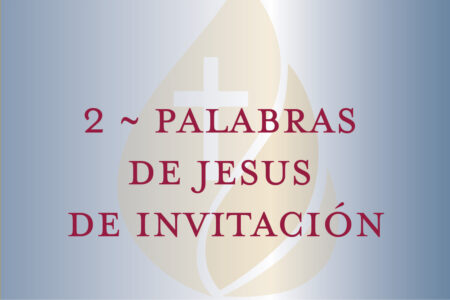
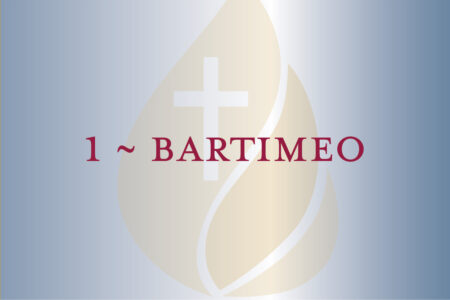



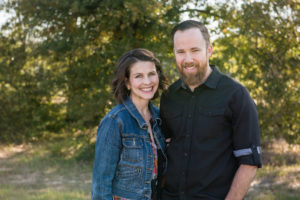


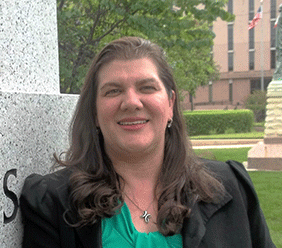
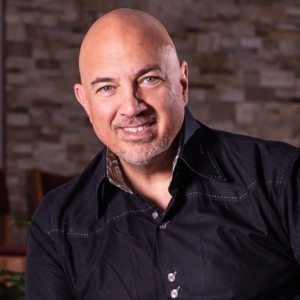
 Kimberly Kay Cox
Kimberly Kay Cox







 Mark Mogilka
Mark Mogilka














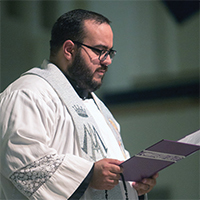



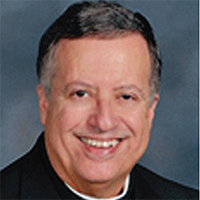

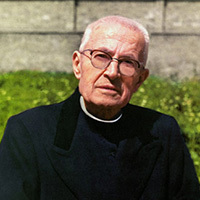







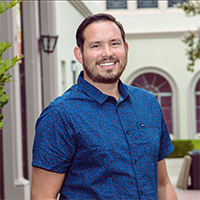
 Armando Cervantes
Armando Cervantes Anna Betancourt
Anna Betancourt
 Andrea Chavez-Kopp
Andrea Chavez-Kopp